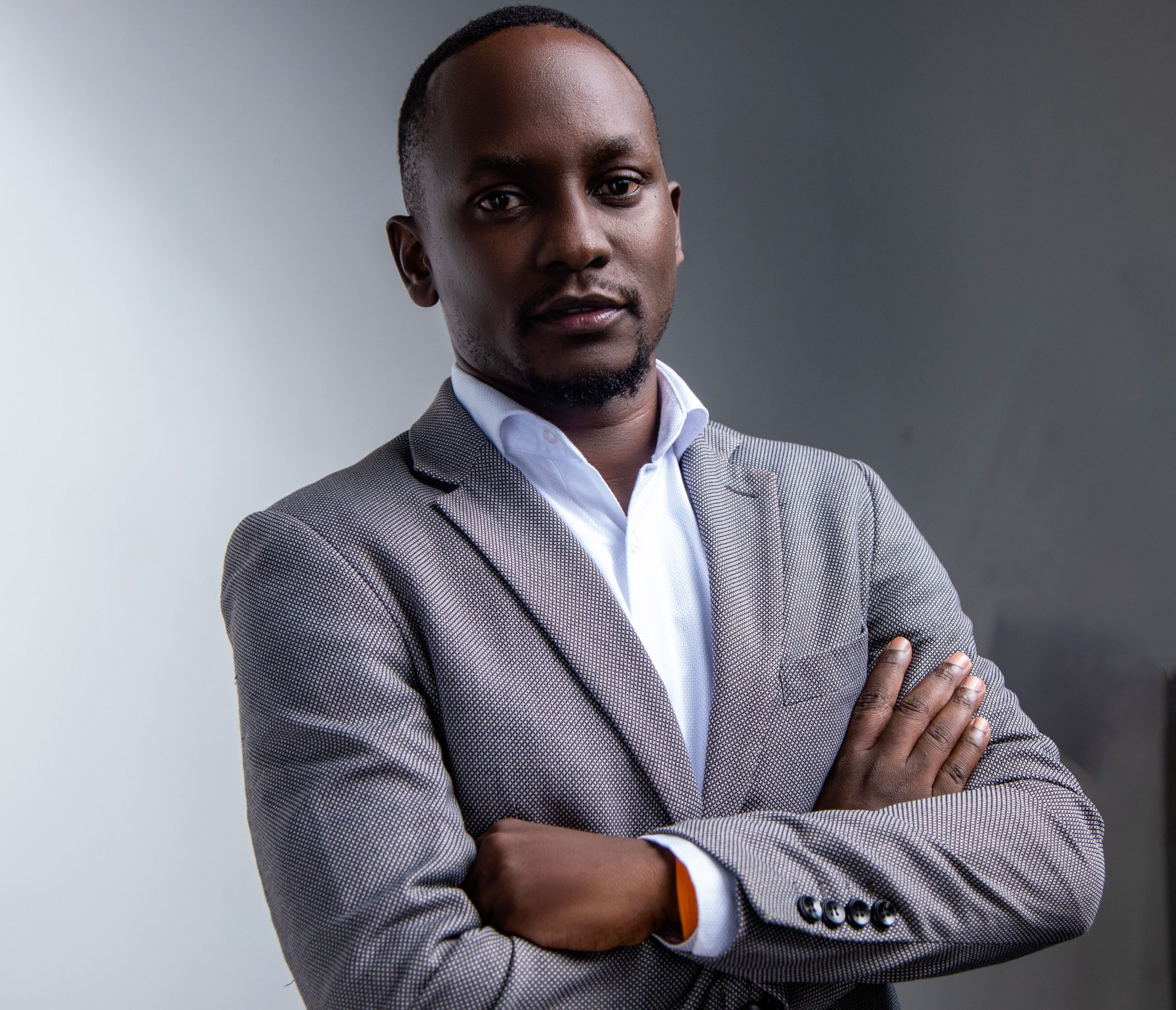Media Challenge Initiative, or MCI, lives on the 4th floor of a blocky, unassuming shopping center in Kabalagala, a busy Kampala district named after the toothsome cassava and banana pancakes sold by the city’s street vendors. Kabalagala is the kind of humble, honest treat – an African soul food – that makes one wonder, between sweet mouthfuls, why our planet is so complicated.
Truth ought to be simple; facts should be safe from pernicious subjectivity. But there are still compelling reasons to be hopeful about the safety of our media landscape: inspiring and proactive leaders working hard to manifest a positive future.
Abaas Mpindi is the co-founder and CEO of MCI. Since 2017, MCI has worked with 3,000 journalism students, and founded more than 10 youth media startups. A mobile newsroom delivers skills programs to 17 Ugandan universities; the Next Gen Journalist activity strand has trained more than 130 program fellows in solutions-based journalism for social change. The MCI Media Hub, based at the organization’s multi-functional Kabalagala headquarters, provides a space for innovators (such as the fact-checking Debunk Media Initiative) to disrupt the status quo.
“African journalists today face a generational opportunity and challenge,” says Mpindi. “They report not only on what is news today, but also document stories that challenge long-held narratives about Africa. We support the system by building a generation of journalists who are not only multi-skilled, but equipped with the leadership skills and social consciousness to change their communities.”
MCI’s activity is productive; learned skills are immediately put to use in the creation of compelling content. Solutions Now Africa, for example, MCI’s solutions journalism newsroom, produces stories which highlight local strategies that work, instead of the doom-laden media navel gazing which so often fixates on poverty porn and problem cul-de-sacs.
“Let’s put it this way,” Mpindi says. “People wake up looking for solutions. We need to document these challenges and provide people with existing responses. As a citizen of a continent whose progress has been restricted by stereotypes, I believe solutions journalism can cover Africa’s unreported contributions, innovations and urgency. In an era of clickbait and disinformation, controversy is attractive; it is important therefore to positively adopt the same emotional communication techniques that are used by purveyors of misinformation.”
MCI is a recent recipient of significant new funding from the Elevate Foundation, an NGO which rewards the work of changemakers worldwide. The prize will exponentially escalate MCI’s growth, and further evolve the organization. Mpindi is meditative about the depth of this responsibility.
“When I started this journey, I was excited about the idea of skilling young journalists and exposing them to internships and jobs,” he says. “I didn’t foresee it would catapult me into a leader now dealing with the current challenges of our industry. It is a lonely and reflective journey, but I have grown to understand and appreciate the systemic challenges that determine the kind of journalism we consume as a final product. We are not asking for one-sided positive stories. We are asking for the whole story: capturing the continent in its diversity. Our journalists are trained to appreciate they have the power to change history.”
